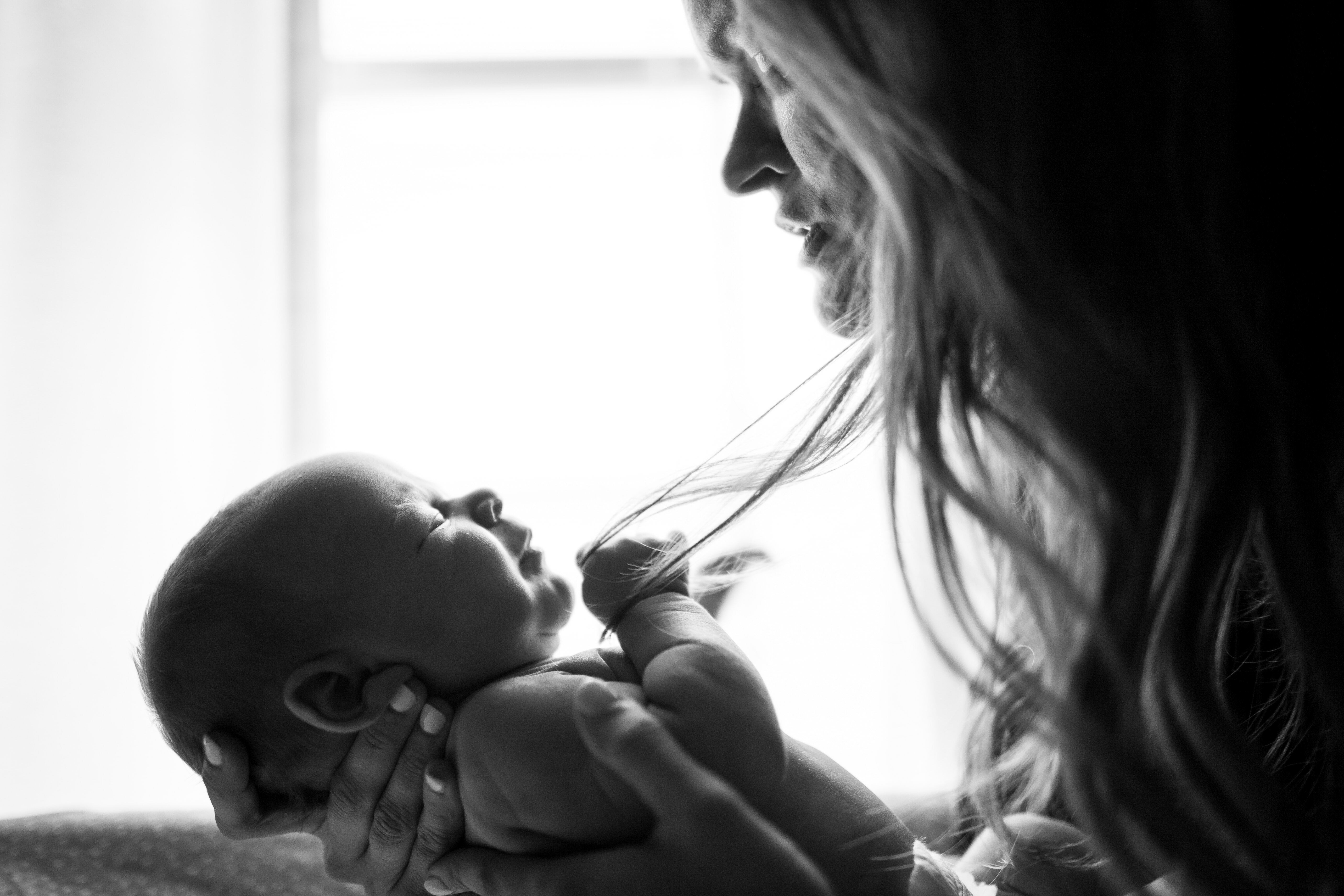The perinatal period (from conception to 1 year after birth) is a unique phase of life where all members of the family need to be taken into consideration and supported. Having a baby is an exciting but challenging time when many mums and dads are psychologically vulnerable.
Am I depressed or just exhausted?
All expectant and new parents go through a period of adjustment, and about 80% of women experience the ‘baby blues’ in the first 3 to 10 days following birth due to hormonal changes, where they feel tearful or overwhelmed. This typically passes within a few days without the need for any treatment. After having a baby it’s normal for parents to experience ‘ups and downs’, fatigue, irritability or worry about the baby’s health. However, some mums and dads experience more pronounced anxiety and depression that will impact on their normal life and functioning, which is particularly challenging when they have a new baby to care for.
The stats are staggering, and Dads are also at risk
The perinatal period is the time of highest risk for a woman to develop, or have a recurrence, of a mental health condition. Australian research indicates that 1 in 10 women and 1 in 20 men experience depression when expecting, and 1 in 7 new mums and up to 1 in 10 new dads experience depression within the year after birth. Rates of anxiety tend to be higher, and many commonly experience depression and anxiety at the same time. Around 50% of all parents will experience some difficulties adjusting to having a baby.
What are the risk factors?
The symptoms of depression and anxiety during the perinatal period are the same as in any other part of life but can be harder to identify as they can overlap with normal changes that come with being a parent.
Importantly, we know that there are numerous factors that can place expectant or new parents at higher risk of developing perinatal anxiety and depression, which enables us to screen and potentially provide early treatment when needed. These factors include:
- Previous anxiety or depression
- Perinatal or reproductive loss (e.g. infertility, miscarriage, termination)
- Complications during pregnancy
- Birth trauma
- Infant prematurity or sickness
- Sleep deprivation
- Relationship stress
- Family violence
- Limited social supports
- History of childhood trauma and neglect
What are the symptoms?
Those experiencing a number of the following over a period of at least two weeks are likely to benefit from professional support:
- Low mood or feeling flat
- Feeling sad, irritable, resentful or regretful about having a baby
- Tearfulness
- Low motivation
- Low self-esteem and lack of confidence
- Feelings of inadequacy, worthlessness and guilt (e.g. feeling like you’re a “bad” mum)
- Feeling unable to cope
- Excessive worry about your pregnancy or baby, or a fear of being alone with your baby
- Feelings of panic
- Difficulty bonding and feeling love for your baby
- Loss of interest in things you normally enjoy
- Difficulty getting to sleep despite being tired, or sleeping much more than usual
- Changes in appetite
- Low sex drive
- Difficulty concentrating or remembering things
- Thoughts about harming yourself or your baby, thinking your partner or baby would be better off without you, wanting to end your life, or wanting to escape everything.
To see if what you’re experiencing or noticing in a loved one could be a reason to seek help, you can fill out a short mental health checklist on the PANDA website (Perinatal Anxiety and Depression Australia).
You’re not alone – psychologists can help
We know that prevention and early intervention lead to faster recovery and better outcomes for the parent experiencing difficulties, their partner, their relationship, and of course for their baby.
At MyLife Psychologists, we’re committed to supporting expecting and new parents to develop joyful and confident parenting and attachment relationships during the perinatal phase. While we work directly with the depressed and/or anxious parent to actively target their symptoms, another component of therapy can involve working with the parent-infant relationship (e.g. the interactions between mum/dad and baby) to develop a secure attachment bond. This helps increase the parent’s confidence in their parenting and their ability to understand and respond appropriately to their baby’s needs, and it provides the building blocks for the baby’s future social and emotional development. We work as a team with the referring GP, and we take a ‘whole family’ approach where the baby and partner are invited to attend.
To find out more, please contact MyLife Psychologists.
Written by Tal Schlosser, Clinical Psychologist






